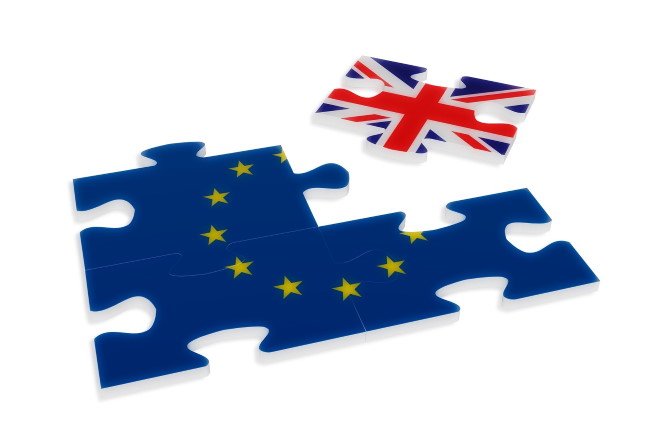With the end of the Brexit transition period fast approaching, we take a look at the data-protection related issues that may impact organisations in the UK from 1st January 2021.
The critical issues for organisations to consider are:
In summary
Data transfers
In the absence of a Brexit deal it will no longer be possible to freely transfer personal data from EU member states to the UK. This means that organisations will need to identify what data sharing/processing activities involve transfers of personal data to the UK and, secondly, how these transfers can continue to be made legally post-Brexit.
Data transfer safeguards
The most obvious form of data transfer safeguard to use is Standard Contractual Clauses (SCCs).
Contractual updates
The data protection elements of all commercial contracts will need to be considered and may need to be updated to reflect the fact that the UK will no longer be part of the EU.
Governing law and jurisdiction
Issues in respect of appropriate governing law and jurisdiction should be considered in respect of any contracts dealing with data protection.
Representatives
You may need to appoint a Representative if you are offering goods or services to individuals in the EEA or monitoring their behaviour.
In more detail
Data protection law
The transition period established by the Withdrawal Agreement agreed between the EU and UK, expires on 31st December 2020. During the transition period, the GDPR continues to apply in the UK. At the end of this period the GDPR will be incorporated into UK domestic law and become known as the ‘UK GDPR’. The current GDPR will become known as the ‘EU GDPR’.
Data transfers
If an ‘adequacy decision’ is in place for the UK by the end of the transition period, data transfers from the EEA to the UK will be able to continue freely.
However, if no adequacy decision is in place for the UK by the end of transition, the UK will be treated as a third country for the purposes of the EU GDPR. This means that transfers of personal data from the EEA to the UK will need to be legitimised by appropriate safeguards.
For transfers of personal data from the UK to the EEA, the UK government has indicated its intention to ensure that personal data can continue to flow freely following the transition period. This will allow personal data to continue being transferred from the UK to the EEA without needing to put additional safeguards in place.
Data transfer safeguards
The most practical option is likely to be the use of SCCs in contracts with UK data importers.
However, the recent judgment of the European Court of Justice in the ‘Schrems II’ case places a burden on data exporters relying on SCCs to carry out case-by-case assessments of the extent to which personal data will be protected in the destination country – including in the UK.
Contractual updates
If any of an organisation’s contracts describe or treat the UK as being part of the EU/EEA, these may need to be amended to make clear that these are separate territorial areas.
Governing law and jurisdiction
If any of an organisation’s contracts permit disputes to be resolved in any EU/EEA country, these may need to be amended to make clear that these are separate jurisdictions.
Representatives
UK organisations with no offices in the EEA, but which offer goods or services to people in the EEA or monitor their behaviour, will be required to appoint a representative in the EEA under the GDPR. (In addition, organisations outside the UK with no offices in the UK, but which offer goods or services to people in the UK or monitor their behaviour, will be required to appoint a representative in the UK.)
Conclusion
At this time, although a ‘hard Brexit’ seems very likely, it is not impossible that a deal can still be done. If that happens it is to be assumed (although there is no guarantee of this) that it will enable the continued unrestricted transfer personal data from EU member states to the UK.
Questions to ask yourself:
- Do we rely on any transfers of personal data from the EEA?
- How can we put in place, if we have to, SCCs (or other applicable alternative data transfer safeguards)?
- Do we have any critical contracts that need to be altered?
- Do we need to appoint an EU representative?

Written by Robert Wassall
Robert Wassall is a solicitor, expert in data protection law and practice and a Data Protection Officer. As Head of Legal Services at NormCyber Robert heads up its Data Protection as a Service (DPaaS) solution and advises organisations across a variety of industries. Robert and his team support them in all matters relating to data protection and its role in fostering trusted, sustainable relationships with their clients, partners and stakeholders.
